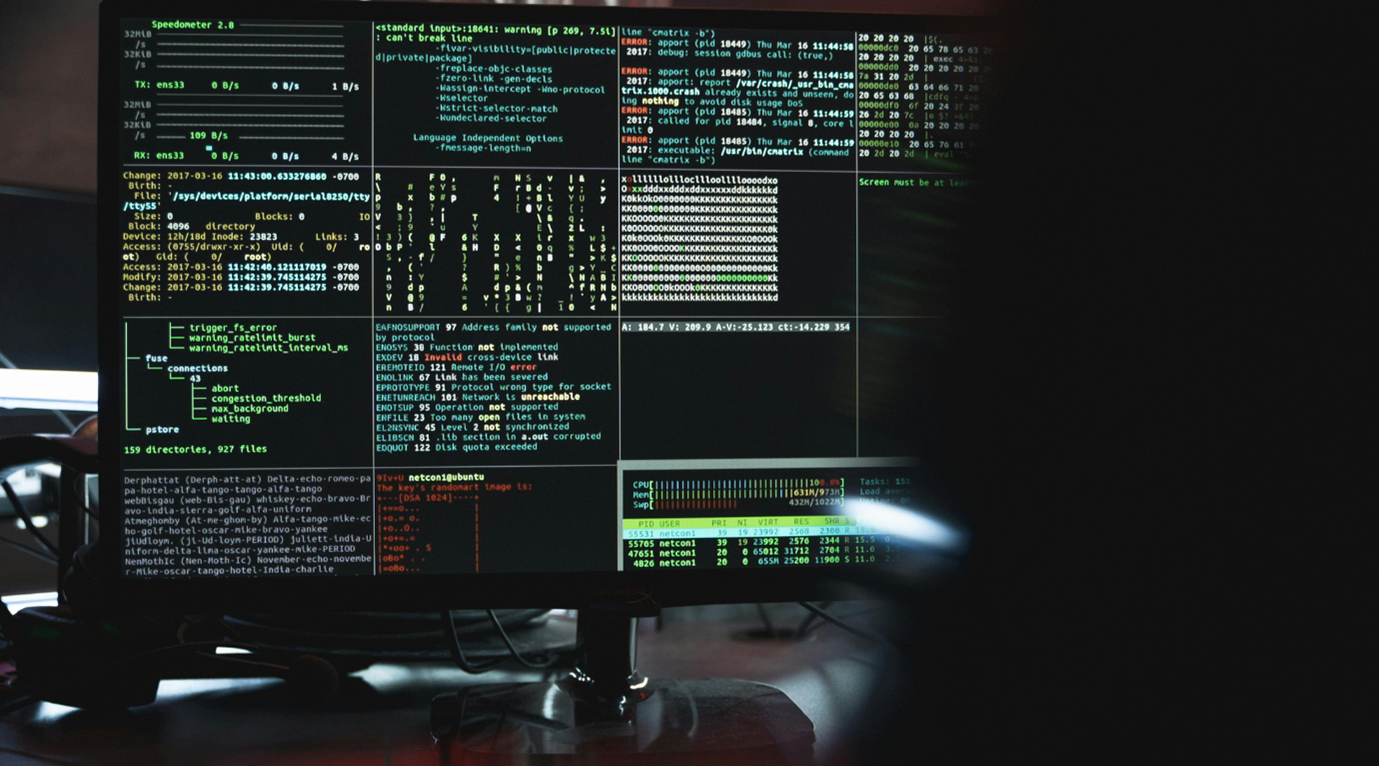Exploring Debugpy: The Better Debug Tool
Seamless IDE Integration
Debugpy’s integration with Visual Studio Code transforms the debugging experience. By providing a graphical interface for setting breakpoints, monitoring variables, and stepping through code, it eliminates the friction often associated with command-line debuggers.
For instance, imagine debugging a Django web application. With debugpy, you can set conditional breakpoints to pause execution when specific conditions are met. This capability allows you to inspect database queries, request handlers, and even template rendering in real time, providing unparalleled insights into your application’s behavior.
This seamless integration can be further enhanced through application development services, ensuring that both front-end and back-end systems work harmoniously for optimized debugging.
Advanced Debugging Features
Debugpy’s feature set goes beyond traditional debugging. It includes support for:
- Remote Debugging: Debug code running on remote servers, cloud environments, or containers without needing to replicate the entire environment locally.
- Subprocess Debugging: Monitor and debug child processes created by your main application.
- Dynamic Attachments: Attach the debugger to a running process without restarting it, a lifesaver for production systems.
These capabilities are invaluable for organizations managing complex deployments. Leveraging advanced debugging techniques, supported by tailored cloud data engineering services, ensures that development teams can navigate challenges confidently.
Flexibility with Configurations
Debugpy allows developers to customize their debugging setups through the launch.json file. Whether it’s setting up specific arguments for Flask applications or mapping paths for remote debugging, this flexibility empowers developers to tailor their workflows.
For example, consider a scenario where you need to debug a memory-intensive data processing script. With debugpy, you can configure the debugger to attach only when certain conditions are met, reducing overhead and focusing your efforts.
Organizations can benefit from business process optimization services that streamline workflows and ensure debugging processes align with operational goals.
Ready to streamline your debugging process and elevate your Python projects?
Let’s build better, together.
Contact Neuronimbus today!
Why Debugging Needs Innovation
Debugging tools like debugpy are crucial for addressing modern software challenges. Today’s applications are more complex than ever, often spanning microservices, cloud platforms, and distributed systems. Debugging such applications requires more than just setting breakpoints – it demands a holistic approach that incorporates advanced tooling, strategic workflows, and expertise in software optimization.
Debugging in Web Applications
Web applications, built on frameworks like Django and Flask, often require real-time debugging to diagnose issues like slow queries or unhandled exceptions. Debugpy’s integration with these frameworks allows developers to debug Python web applications efficiently, making it the go-to tool for tackling backend challenges.
Here, leveraging digital strategy and innovation services ensures that debugging processes are seamlessly integrated into the development pipeline, enabling faster resolution of issues and enhancing user satisfaction.
Debugging in Distributed Systems
For distributed systems, debugging takes on an entirely new level of complexity. Imagine an issue occurring in a microservice that interacts with several others. Debugpy’s remote debugging capabilities allow developers to step through the problematic service while monitoring interactions with others, providing a comprehensive view of the system.
Such capabilities, coupled with cloud infrastructure and management services, enable organizations to optimize their debugging workflows and maintain high availability and performance in their systems.
The Future of Debugging with Debugpy
As software continues to evolve, so too will debugging tools like debugpy. Here are some trends to watch:
Enhanced Machine Learning Integration
Debugging tools are beginning to leverage machine learning to predict and identify potential issues. Debugpy could integrate these capabilities to recommend breakpoints or highlight suspicious code paths, reducing the time developers spend troubleshooting.
Better Support for CI/CD Pipelines
Debugging tools are also becoming more tightly integrated into CI/CD workflows. With debugpy’s command-line capabilities and extensibility, it could be used to automate debugging tasks during testing, ensuring that issues are caught early in the pipeline.
Wider Adoption Across Frameworks
Framework-specific debugging features, like those for Flask and Django, will continue to evolve. Debugpy’s flexibility ensures it remains relevant as new frameworks and paradigms emerge, making it a long-term investment for developers and organizations alike.
Enhancing Debugging with Professional Support
Debugging is as much about tools as it is about strategy. Effective debugging workflows often require expertise in setting up environments, optimizing configurations, and integrating tools into broader development pipelines. Here, quality assurance and testing services play a crucial role, enabling organizations to adopt best practices and maintain a competitive edge.
Conclusion: Why Debugpy is the Better Debug Tool
Debugging is a critical skill for any developer, and having the right tools can make all the difference. Debugpy, with its advanced features, flexibility, and seamless integration with Visual Studio Code, is undoubtedly the better debug tool for those who debug Python applications.
By leveraging debugpy effectively, developers can tackle challenges ranging from web application issues to distributed system bottlenecks, ensuring their code is efficient, reliable, and maintainable. Businesses can further enhance these outcomes by collaborating with partners like Neuronimbus, who specialize in optimizing software development workflows and delivering tailored solutions for debugging and beyond.
Are you ready to unlock the full potential of your Python projects with debugpy? The future of debugging is here, and it’s more powerful than ever.




